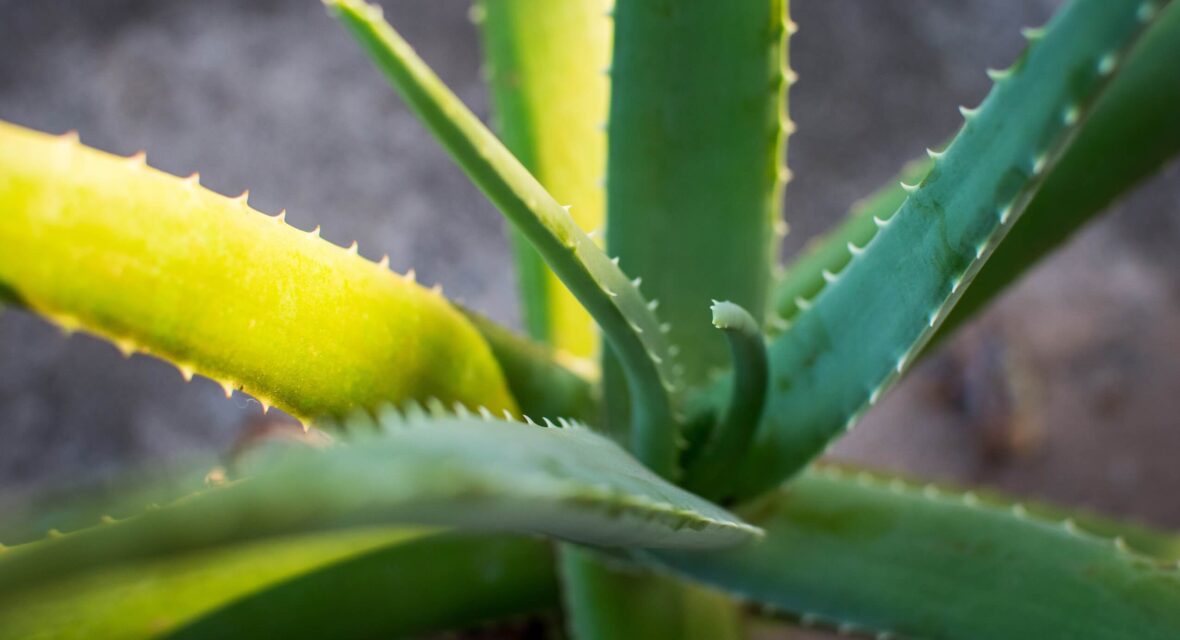Aloe Vera is a plant that’s been used for centuries to help people with sunburn and other health issues. It’s a type of succulent plant that grows in tropical climates and has been used for centuries as a medicine. It’s easy to grow and maintain, and the leaves of Aloe Vera are filled with a gel that helps hydrate and provides other health benefits. It can be used topically or orally, and has been found to have anti-oxidant properties that have been used for centuries. If you’re looking for something to help with digestion or manage your blood sugar, Aloe Vera might be the way to go.
This article looks at the science behind Aloe Vera and its 10 surprising benefits of Aloe Vera for your health.
What is Aloe Vera?
For thousands of years, people have been using Aloe Vera gel to heal and soften their skin. It’s also been used to treat a variety of ailments, like constipation and skin issues. But the science behind Aloe Vera is mixed, and there’s some evidence that it can even cause cancer in animals. Unfortunately, there’s no way to eat aloe, so you have to take it as a supplement or gel. Some types of aloe are better than others, and it’s not recommended to use it all the time.
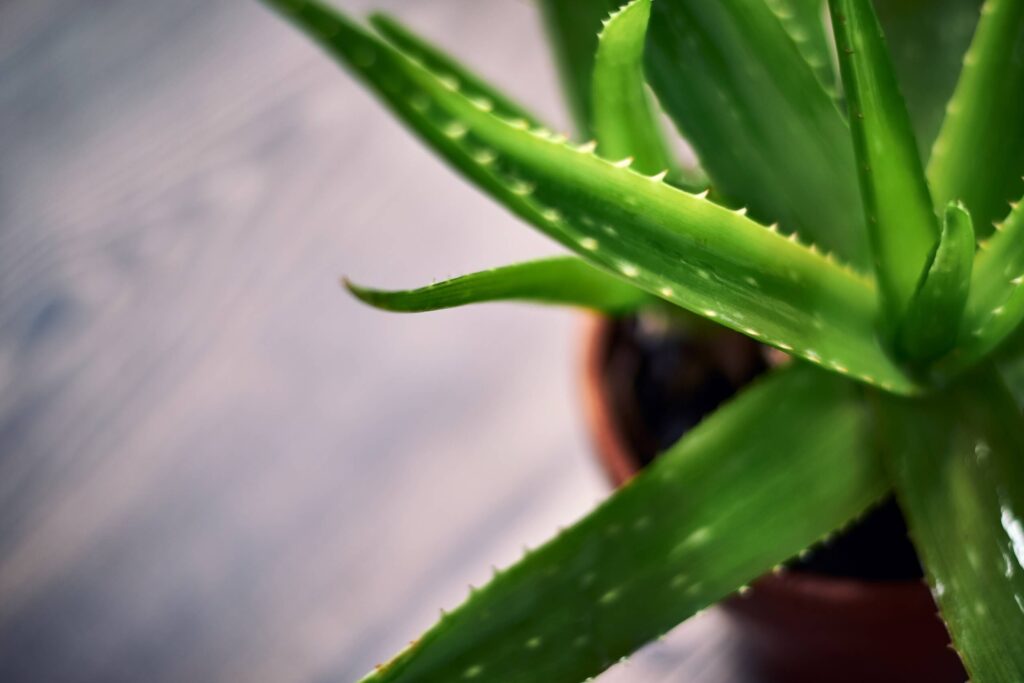
10 Surprising benefits of Aloe Vera for your health
Aloe Vera can be a great source of vitamins and minerals that can help keep your eyes healthy. Following are the potential health benefits of Aloe Vera.
1. Amazing help for skin:
Incorporating Aloe Vera into your daily routine can help to keep your skin hydrated, elastic, and free of wrinkles. Additionally, it can help to maintain a bright and soft complexion. When applied to a sunburn, Aloe Vera can help to accelerate the healing process. Studies have demonstrated that Aloe Gel is particularly effective against first and second degree burns. The anti-inflammatory properties of aloe are attributed to the compound aloin, which is found in aloe.
Aloe Vera can also be used to moisturize and prevent skin from flaking after a sunburn, and has been suggested to have anti-inflammatory properties, making it an effective face moisturizer and pain reliever.
2. May help get rid of acne naturally:
Aloe Vera, a naturally anti-inflammatory plant, has been identified as an effective acne treatment due to its ability to reduce inflammation and reduce the appearance and severity of acne and acne scars. Aloe Vera can be used to treat acne, whether it is applied directly to an open pimple or to a general area of redness or irritation. It has been shown to reduce the production of lipids known as prostaglandins, which are responsible for the production of oil and are attached to the hair follicles. The lower the inflammation, the less likely the acne to be inflamed.
3. A natural antidote for skin irritation:
Aloe Vera isn’t just good for acne – it could also help with other skin issues. It’s known to be anti-inflammatory, anti-fungal and moisturizing, and it can be used to treat psoriasis, eczema and other skin conditions. Using creams with 0.5% aloe can help reduce redness, scaling and flare-ups. But it’s important to remember that this is an integrative treatment and should be used in combination with more traditional options. Plus, there’s some research in animals and humans that suggests it can help with eczema flares, so it could be a good option for some people.
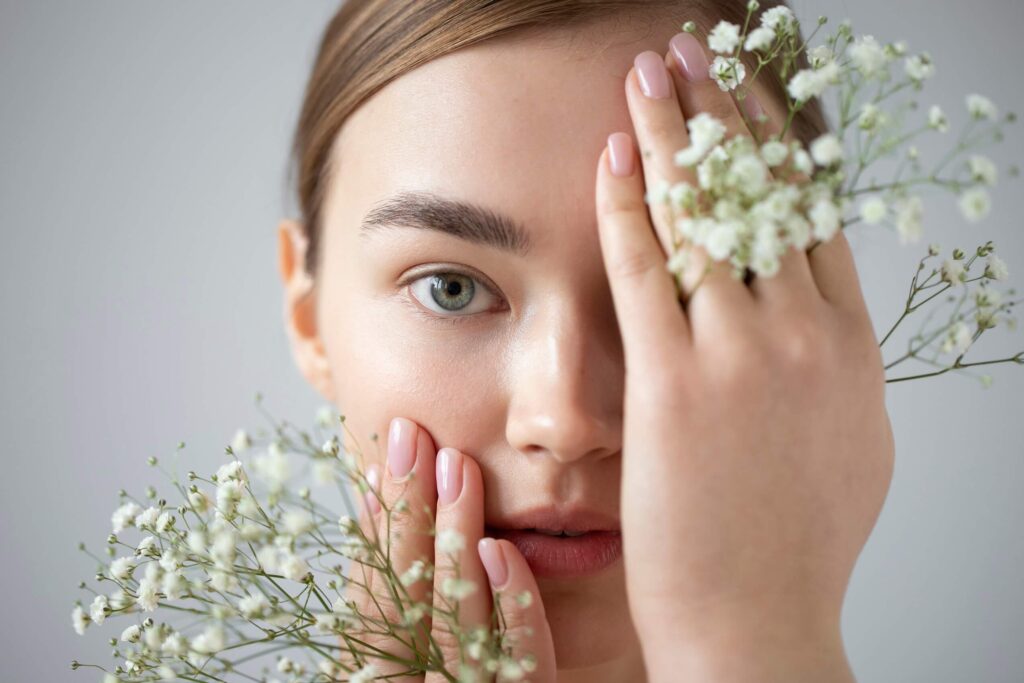
4. Contains antioxidants:
It’s thought that aloe plant has anti-inflammatory properties, which is why lots of people use it to help with burns and wounds. Polyphenols are a group of plant compounds that help protect the body from free radicals, which can lead to health issues like heart disease and cancer. But there’s no proof that the aloe juice has a direct effect on these conditions.
5. May increase dental and oral health:
It looks like Aloe Vera Juice could be a great alternative to traditional treatments for certain oral conditions. Animal studies have suggested that it could be an antibacterial agent, and a study found it was just as effective as traditional treatments for osteoarthritis. Plus, it could help reduce dental plaque, pain, and swelling after dental surgery. We still need to do more research, but it could be a great option for treating certain conditions.
6. May help lower blood pressure:
Aloe Vera Gel Powder has been found to have the potential to reduce blood pressure in individuals with diabetes, without the need for exercise, diet or medication. This was demonstrated in a study in which participants were provided with the powder and nutritional counseling. The researchers hypothesized that the powder’s anti-inflammatory properties, which have been confirmed in animal and in vitro studies, may be responsible for its ability to reduce systolic (high blood pressure) and diastolic (low blood pressure) blood pressure.
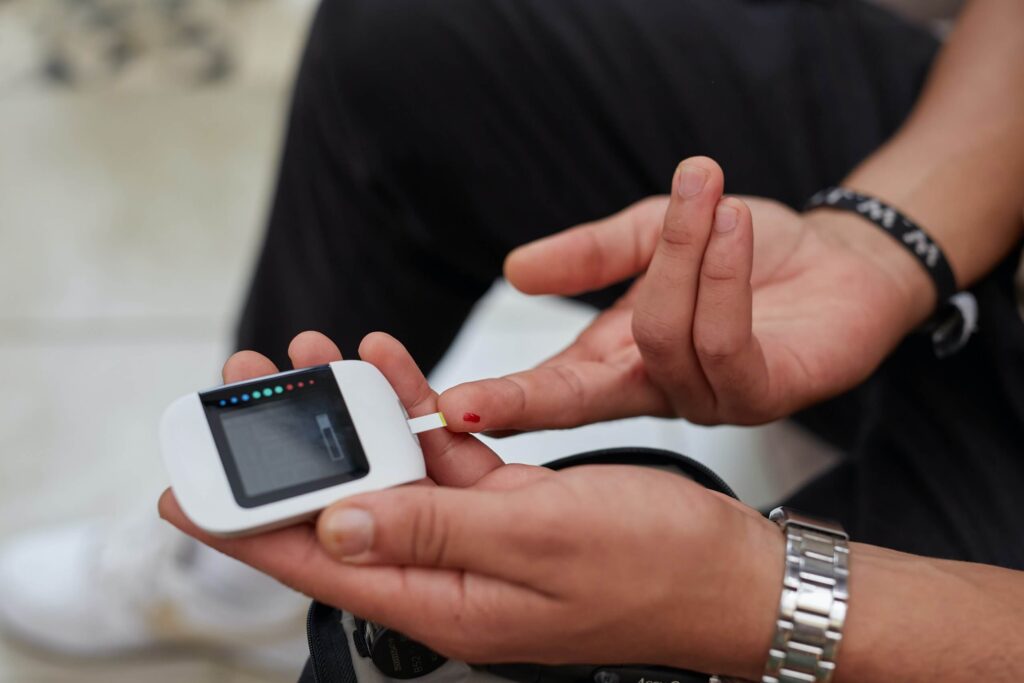
7. Help stabilize blood sugar:
Aloe Vera has been found to have a positive effect on glycemic control and may be beneficial for individuals taking medication for type 2 diabetes; however, it should be taken into account to ensure that the juice used is not causing blood sugar levels to reach dangerous levels. Additionally, there is some evidence to suggest that supplements containing Aloe Vera may be effective in reducing blood glucose levels in individuals with type two diabetes; however, further research is necessary to confirm the effectiveness of these supplements.
Eating a healthy diet and engaging in regular physical activity are essential for the prevention of diabetes and the maintenance of healthy blood glucose levels.
8. May help in mouthwash & improve dental health:
If you’re looking for a way to take care of your mouth, why not add a bit of Aloe Vera to your daily mouthwash routine? It’s known to help reduce plaque, swelling, and bleeding in gums, and it’s also antimicrobial, so it can help stop infections from entering your mouth. In fact, a recent study found that Aloe Vera mouthwashes are just as effective, if not better, than chlorhexidine, saline-water, and other chemical mouthwash options. Plus, the researchers found that the extract of Aloe Vera is safe and effective, and it’s packed with vitamin C, which helps block plaque. So if you’re bleeding or your gums are swollen, why not give it a try?
9. Aloe latex may ease constipation:
If you’re looking to improve your gut health, eating fiber-rich foods, and drinking more water can help. Aloe Vera Oral Extract has been proven to help with IBS symptoms and functional constipation, and it’s been used to relieve constipation in patients with IBS. Unfortunately, the FDA stopped using Aloe Vera laxatives in 2002 because they hadn’t been tested to see if they were safe. There have been some studies that look into succulent Aloe Vera’s digestive benefits, but the results are mixed. Aloe Vera juice contains glycosides called glycoside glycosides, and it’s not safe to use them for constipation.
Some research suggests that Aloe Vera syrup could help with GERD, and there’s some early evidence that it could be helpful in treating IBS.
10. Relieves heartburn:
Heartburn is a really annoying feeling that happens when acid leaks out of your stomach and travels up your esophagus. But there’s a way to get rid of it without any nasty side effects try drinking Aloe Vera! It’s a natural remedy for GERD, a digestive disorder that can lead to heartburn, and its low toxicity means it’s safe and gentle. Plus, if you eat it at mealtime, it might even help with other digestion issues.
Other benefits:
#May improve IBS symptoms-
Aloe may be a possible treatment for IBS. IBS is a condition that causes inflammation of the small intestine, which can cause pain and other problems. Aloe is known to be anti-inflammatory. In one study, people who had IBS said that they felt some relief from their symptoms after drinking an aloe juice. However, more research is needed.
#Keeping produce fresh-
In a study aloe gel was found to inhibit the growth of a variety of harmful bacteria on tomato plants. The report also found similar results for apples. Aloe gel has the potential to improve the shelf life of fruits and vegetables, reducing the need for harmful chemicals that reduce their shelf life.
#Potential to fight breast cancer-
A new study has found that succulent aloe may be able to help slow down the development of breast cancer. The study, looked into the effects of a compound found in the leaves of aloe plants called emodin. However, more research is needed to prove this theory.
#Treatment of Gastroesophageal Reflux Disease (GERD)-
If you suffer from GERD, you may experience symptoms such as: Heartburn Flatulence Food regurgitation Nausea Vomiting Acid regurgitation.
#Treatment of psoriasis-
The Aloe Vera gel keeps your skin hydrated and helps to reduce inflammation and redness in psoriasis patients.
#Good for your hair-
Aloe Vera has a ton of benefits for your hair. It helps make your hair stronger and shinier, boosts your blood flow, and even helps with dandruff. Plus, it’s found in a lot of shampoos, conditioners, and other products.
#Boosts immunity-
Aloe Vera is an immune booster. It also helps to reduce inflammation and is an excellent antioxidant. It helps to fight off bacteria, viruses, and fungi, which can help protect us from a range of infections.
#Promotes wound healing-
Aloe Vera is great for healing wounds because it helps to get blood flowing to the area. It’s been used a lot to treat burns, wounds, insect bites, and even eczema.
#Supports in weight loss-
Aloe Vera juice can help you lose weight by cleansing your body of toxins and keeping your digestive system clean. It also keeps you full, which prevents you from eating too many calories. Aloe Vera also increases your metabolism, which helps you burn fat and help you lose weight.
#Increases shelf life-
Aloe Vera has been found to make fruits and veggies last longer by coating them with it. It stops fungus and bacteria from growing, so they don’t spoil as quickly.
#Relief from anal fissures-
Aloe Vera gel can be really helpful for treating an anal fissure. It’s a tear in the lining of the anus, which is the place where stool is taken out. It can be really painful and if it’s not taken care of right away, it can need surgery. But if you don’t want to spend a lot of money on surgery, you can use it at home. You just need to take the gel out of the stem and put it on the affected area a few times a day. A study found that medicated creams with Aloe Vera in them can help heal anal fissures quickly.
Is Aloe Vera has nutrition benefits?
Aloe Vera juice is rich in antioxidants. Antioxidants help combat free radicals in the body, reducing oxidative stress and decreasing your risk of chronic diseases like diabetes, cardiovascular disease and cancer. It is also a great source of vitamin C, vitamin A, vitamin E, beta carotene, folic acid, calcium, magnesium, etc.
Nutrients per serving
A single 8-ounce glass of pure Aloe Vera juice has a whopping 8 calories, plus protein and fat. It also has 3 grams of carbs, 2 grams of fiber, and less than 1 gram of sugar. Plus, it’s packed with magnesium, which helps your body regulate blood pressure and heart rhythm.
What are uses for Aloe Vera?
Research has demonstrated that Aloe Vera is a natural skin treatment that can be used to treat a variety of skin conditions, including psoriasis and seborrhea. Additionally, Aloe Vera can be used to reduce blood sugar levels in those with diabetes and may even help to lower cholesterol levels. Aloe Vera has a long history of being used as a calming gel for millennia, and can be blended with water to produce an aloe juice that is rich in nutrients.
How much Aloe Vera should you use?
Aloe Vera creams and gels have different dosages depending on what you’re looking for. For example, if you’re looking for something for minor burns, you might only get 0.5 percent aloe. But if you’re looking to treat psoriasis, you could get up to 70 percent aloe. As for oral supplements, there’s no one-size-fits-all dosage. Some people use 100 to 200 milligrams each day for constipation, while others use 50 to 100 milligrams per day for diabetes. It’s important to check with your doctor before taking too much, as too high an oral dose can be dangerous.
How to prepare Aloe Vera juice?
Aloe Vera juice, commonly found in supermarkets across the country. It is a natural source of vitamins, minerals, calcium, copper, magnesium, potassium, manganese, and zinc. To make the juice, the edible part of the plant, the skin, should be cut off and the gel should be rinsed off with running water and blended in a blender until smooth. The gel can then be added to a smoothie, cocktail, lemonade, and gelatine to create a fresh, clean beverage.
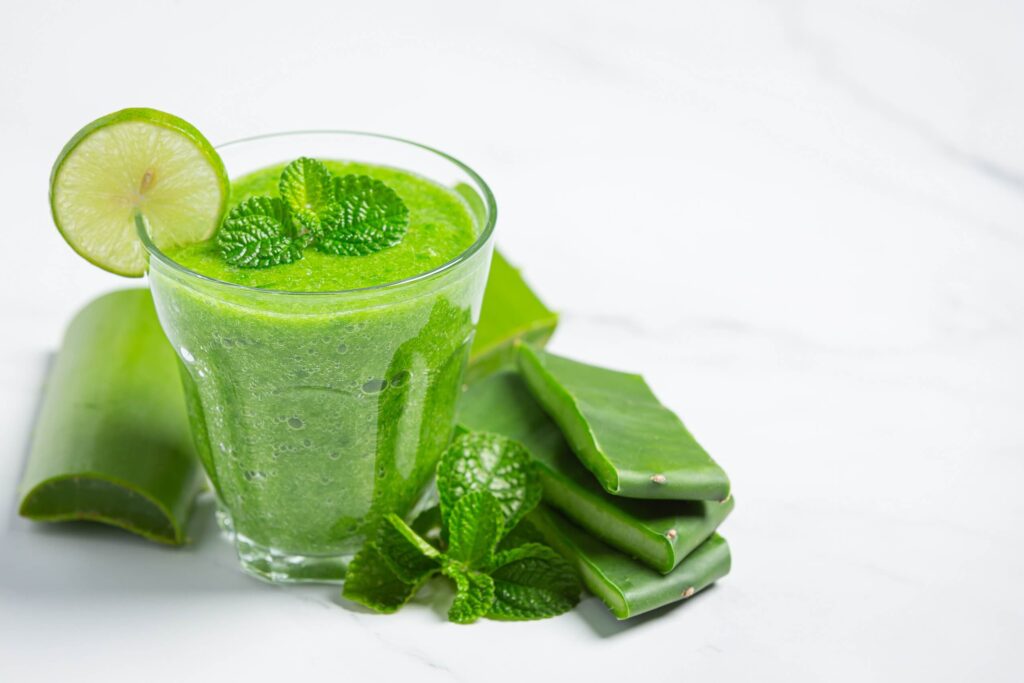
Is using Aloe Vera safe?
People of all skin types can tolerate the gel, but minor skin irritations and reactions are common. If you’re hypersensitive to the gel, it’s best to stop using it. Experts suggest not applying it directly to any serious burns or wounds unless it’s a medication. If you’re already sensitive to tulips, onions, garlic, or other kitchen ingredients, don’t use it. Don’t use it within 2 weeks of any planned surgery. Don’t give it to children under 12, pregnant, or breastfeeding mothers. Give it a week break after every two to three months of regular use.
Always buy from reputable brands. It can reduce the absorption of other oral medications, so talk to your doctor. It can also cause laxative effects, so be careful when consuming it orally.
Aloe Vera should not be used if you have any of the following conditions: kidney disorders, hemorrhoids, heart conditions, kidney disorders, Ulcerative Colitis, diabetes, intestinal obstruction, Crohn’s disease, low potassium, diarrhea, muscle weakness, electrolyte imbalance, stomach pain, kidney problems,
What are risks and side-effects of using Aloe Vera?
It’s not something you should stick with for long, so you’ll want to check with your doctor first. But if you’re looking for something to help with sunburn, you might want to check out Aloe Vera. It’s found in the leaves and gel inside aloe plants, but it’s not for everyone. If you’re allergic to garlic or onions, you should steer clear of it. Plus, high doses can be dangerous. Don’t use it if you have digestive issues, or if you have diabetes or an electrolyte imbalance. And don’t use the gel Aloe Vera as a top-of-the-line product, since it can irritate your skin.
Aloe Vera can be used orally, but it’s a laxative and can cause cramping and diarrhea if not used correctly.
Interactions with other medication:
If you’re taking any medications, it might be a good idea to check with your doctor before taking any Aloe Vera supplements. They can mix with drugs like diabetes and heart medications, as well as laxatives and steroids. Plus, the gel you take in the mouth might stop you from taking other medicines. Since there’s not much research on the safety of Aloe Vera, it’s not recommended for kids or pregnant or breastfeeding women to take it orally.
Conclusion:
Aloe Vera is a plant that can be easily grown and maintained at home. The Aloe Vera gel extracted from the stems can be used internally and externally for improved health. There are many uses for Aloe Vera, from sunburn relief to wound healing, and researchers are still discovering new ways to use it. Aloe Vera has a long history in medicine, and is now grown in tropical climates around the world. From heartburn relief to the potential to slow down the growth of breast cancer, scientists are just beginning to discover the benefits of this versatile plant and its numerous byproducts.
However, it is important to consult with your doctor if you are experiencing health complications, especially if you are taking medication.
FAQ
How to use Aloe Vera for sunburn?
To use Aloe Vera for sunburn relief, simply break off a leaf from an Aloe Vera plant, extract the gel, and apply it generously to the affected area. The cooling and soothing properties of Aloe Vera gel help reduce redness and discomfort while promoting healing of the sunburned skin.
Is Aloe Vera good for acne scars?
Aloe Vera is believed to have potential benefits for improving the appearance of acne scars due to its skin-soothing and healing properties. When applied topically, Aloe Vera gel can help reduce inflammation and redness associated with acne scars, promoting a more even skin tone. However, individual results may vary, and it’s important to use Aloe Vera consistently and consult with a dermatologist for a personalized skincare regimen to address acne scars effectively.
How to grow Aloe Vera at home?
To grow Aloe Vera at home, start by selecting a well-draining pot or container, preferably with a drainage hole, and use a cactus or succulent potting mix. Place the Aloe Vera plant in a bright, indirect sunlight location, and water it sparingly, allowing the soil to dry out between watering, as Aloe Vera thrives in slightly dry conditions.
Is Aloe Vera safe for consumption?
Aloe Vera is generally considered safe for consumption in small amounts, primarily for its potential digestive benefits. However, it’s essential to use Aloe Vera products specifically labeled as food-grade or intended for internal use, as some Aloe Vera products may contain compounds that can be harsh on the digestive system when consumed in excess. Additionally, it’s advisable to consult with a healthcare professional before incorporating Aloe Vera into your diet, especially if you have any underlying medical conditions or are pregnant, as excessive consumption may lead to side effects or interactions with certain medications.
Reference used:
https://www.webmd.com/diet/supplement-guide-aloe-vera
https://pharmeasy.in/blog/aloe-vera-gel-uses-and-uses/
https://www.healthline.com/health/7-amazing-uses-aloe-vera#alternative-mouthwash
https://www.everydayhealth.com/alternative-health/potential-health-benefits-of-aloe-vera/


